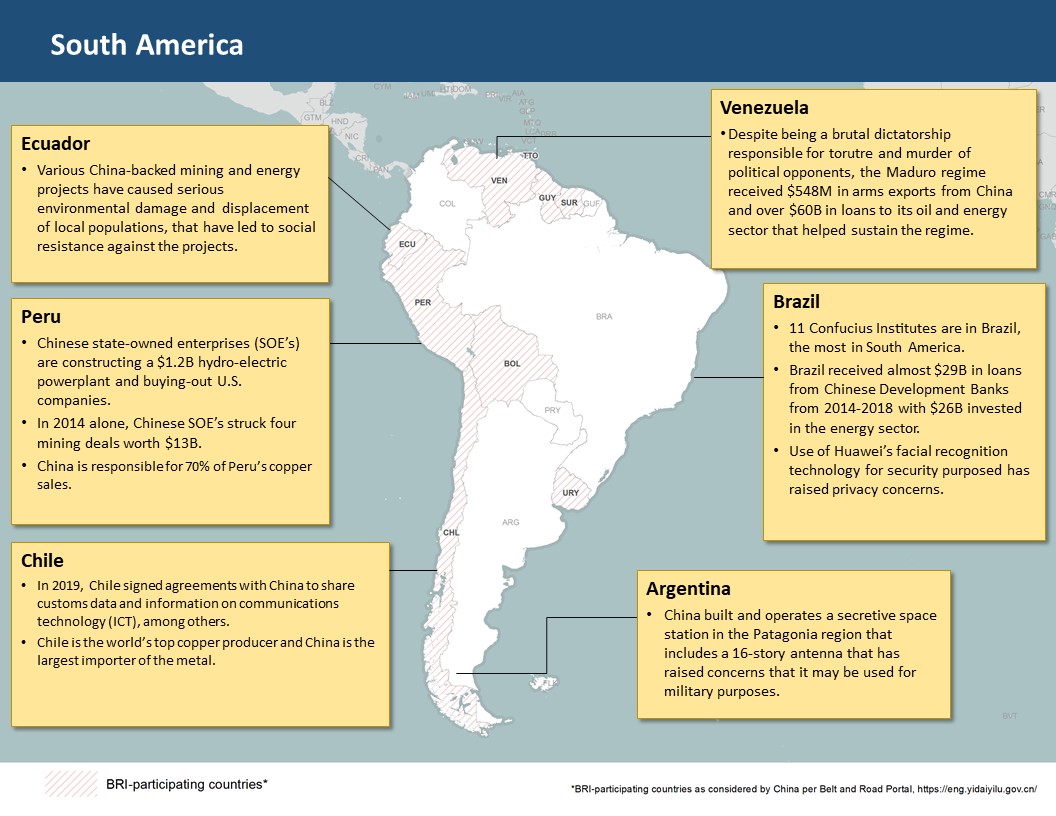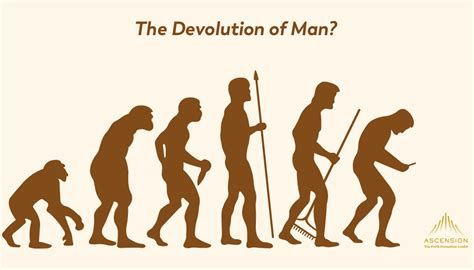[The reader may recall that mariner has decided not to bother with the ongoing drama and iterative accounting of every day, commercially sponsored, viewer-rating-hungry news. Instead he has chosen three critically important issues to review: 1, will democracy survive; 2, will the United States remain a world power in a new global economy; 3, what is the impact of global warming.
As is his wont, mariner has packaged the three issues in a metaphor as a three-horse race. Each horse receives a definition, current circumstances and possible impact on life in the US and around the world. To date, mariner has defined the three-horse metaphor and described the current circumstances of HORSE #1: Will democracy survive?
In this post, mariner looks at possible tools and modifications that may sustain democracy, that is, lead to a win for HORSE #1.]
– – – –
Possible tools for HORSE #1
Mariner cited several social examples that showed it is not the high-standards of ethics and policy in the Constitution that steer the nation. In fact, dozens of local, unabashed selfish cultural standards control the US political world, ignoring both original and modified language in the Constitution.
Over time, Atlantic Magazine has focused on this issue from different directions. One very dramatic idea that may bring behavior of the US more in line with the spirit of the Constitution is to redefine the term ‘Republic’ in the phrase, “The United States is a democratic Federal Republic”. Today, the term ‘republic’ alludes to the independently and publicly ruled states that comprise the United States. Could there be regional ‘states’ that more closely represent the regional cultures that today ignore the Constitution?
֎ Mariner observes that the Indigenous Indian treaties set a precedent for this concept. Would it be better if Dixie had a treaty relationship with the US Constitution that would allow the region to manage its own culture? A good example already underway is abortion, clearly a different ethic depending on the region of the nation.
Regional history for the US is extremely different for different areas. For example, the racist south is steeped in slavery and defensive eras where Indians and Hispanic immigration were perceived as threats. Then there’s the cowboy west, based on cattle economy and scant law enforcement which still is reflected today (Change cattle to oil and one can understand the risk faced by Wyoming Representative Liz Chaney).
Certainly the West Coast has its own idiosyncrasies, much more liberal than the cowboy mountains. How about the plains which even today have a staid agricultural economy with a no frills culture? And of course the ancient Northeast with New York; big business is the standard and money talks.
֎ Another republic model to consider is the European Union. The historical difference is that nations in the EU already existed as independent nations and already ruled their own culture. The new piece was a common money system – the Euro. There have been issues as member nations have suffered economic ups and downs which stretch the financial dependencies between the members. Today, England is considering dropping out of the common euro because of an imbalance in costs and trade agreements. Germany as well complains about supporting the EU more than other members.
An interesting conjecture for the future if the US adopts the EU model: California alone has a GDP rank close to England’s. What if California became disgruntled and decided to leave the US economy and be its own independent country? Further, would the US regions, which differ mightily when it comes to GDP, have the same conflicts the EU has balancing economies? Roughly speaking, the Confederate states lag behind the Union states with 22 percent less GDP.
A political conflict is emerging as several eastern members, the largest is Turkey, are eroding the democracy requirement to be an EU member and introducing autocratic rule. Mariner definitely sees that happening among the red states in the US.
So mariner leaves the regional solution in the hands of the readers for further contemplation. Would allowing regional cultural management, that is, mini-constitutions, save the United States? Anti-abortionists and the Republican Party think so – even to overturning US Constitutional election language and eliminating open election of representatives to the Electoral College.
Next: HORSE #2 at the starting Gate
Ancient Mariner


